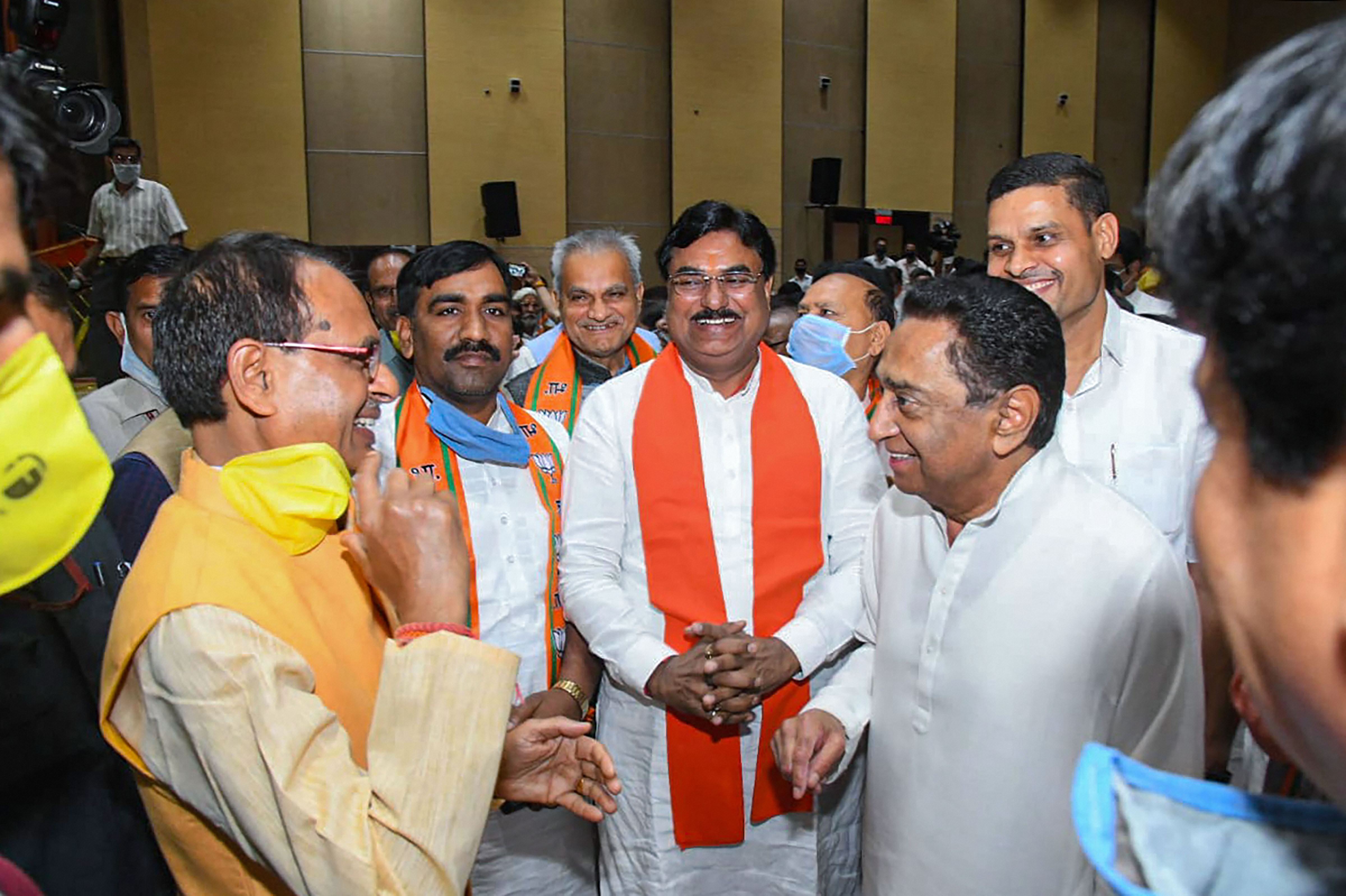The former chief minister of Madhya Pradesh and senior Congress leader, Kamal Nath, described his removal from the throne as “murder” of democracy. Ironically, the party cannot absolve itself from the ‘crime’. Jyotiraditya Scindia, the former Congressman who joined the Bharatiya Janata Party recently, drew first blood, choosing to switch loyalty and ideology. Twenty-two legislators, six of whose resignations the Speaker accepted, followed in Mr Scindia’s footsteps, forcing Mr Nath to concede defeat before the floor test. Moral principles seem to have become quite redundant — as redundant as Mr Nath’s party?— in the political context. The BJP has been the principal benefactor of this erosion. The script in Madhya Pradesh followed that of Karnataka, where too the BJP succeeded in weaning away several members of the Congress-Janata Dal (Secular) government by engineering defection. Politicians are not known to be scrupulous. What is worrying, however, is the public apathy towards such perfidy. In the by-elections held in Karnataka — the Supreme Court allowed the defectors to fight the polls after the Speaker had barred them from the contest — people voted in favour of the defectors in most seats. Earlier, Arunachal Pradesh and Uttarakhand had witnessed such prompt change in political stripes with the BJP being the usual beneficiary. The voters’ disenchantment with the ethical dimensions of defection is depressing. It could bolster such tactic, especially since existing checks and balances — the anti-defection law — remain inadequate. Newer measures, such as the suggestion to hold the floor test after the by-elections, have not merited the attention of the highest court even though frequent electoral contests — Mr Nath’s government lasted for 15 months only — are known to be a drain on the exchequer.
The Congress, however, has other issues to ponder. The absence of a central leader, a weak, unimaginative high command, persistent antipathy between the Old Guard and the Young Turks and a stodgy organization have contributed to the weakening of the bond between the party and several of its leaders. The Congress’s survival hinges on its ability to bury the simmering discontent in its rank and file. After a string of electoral setbacks, the BJP, buoyed by the recapture of Madhya Pradesh, would smell blood. That would put its principal rival on the edge. The handful of states where it is in power, especially Maharashtra, could soon be under siege.











